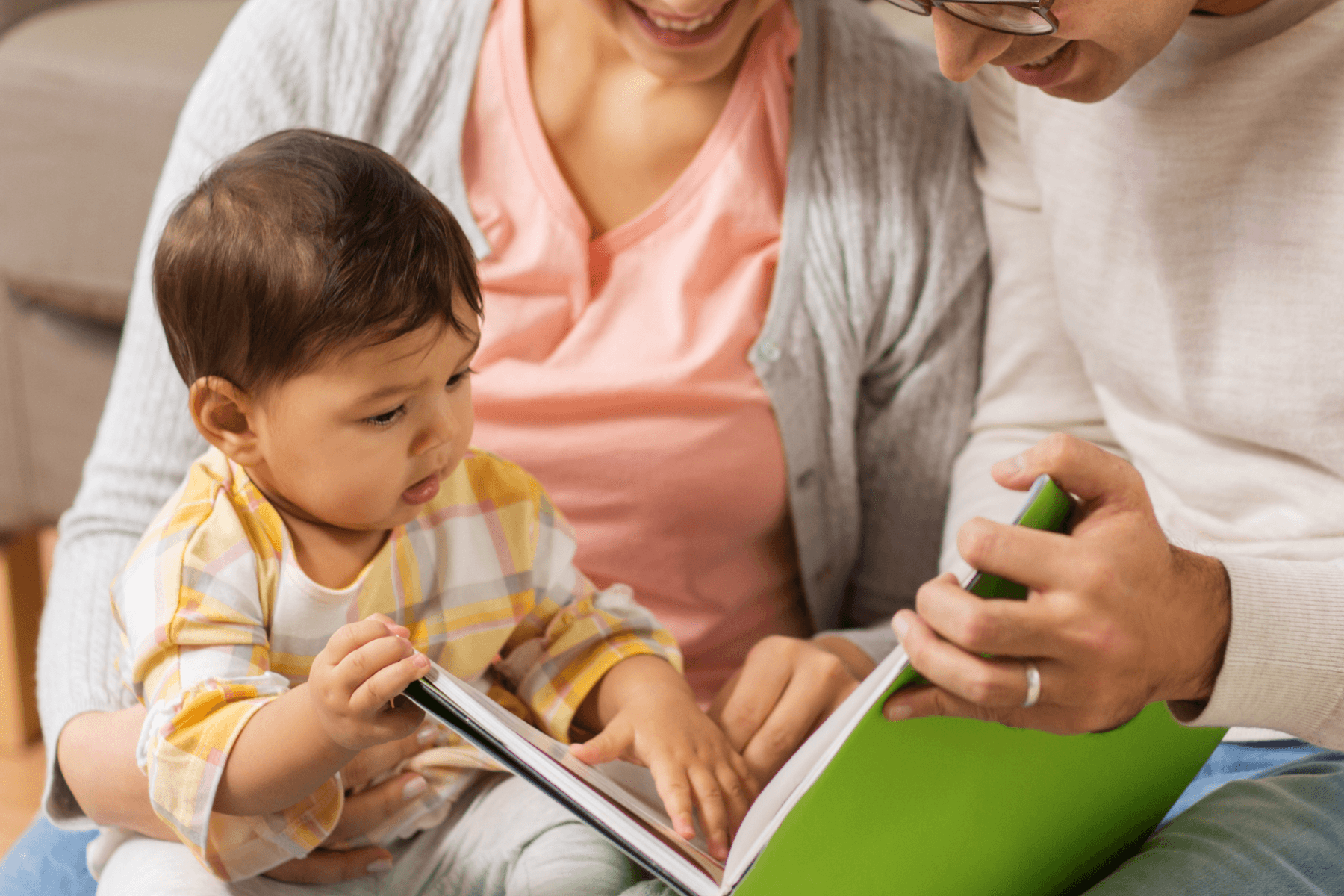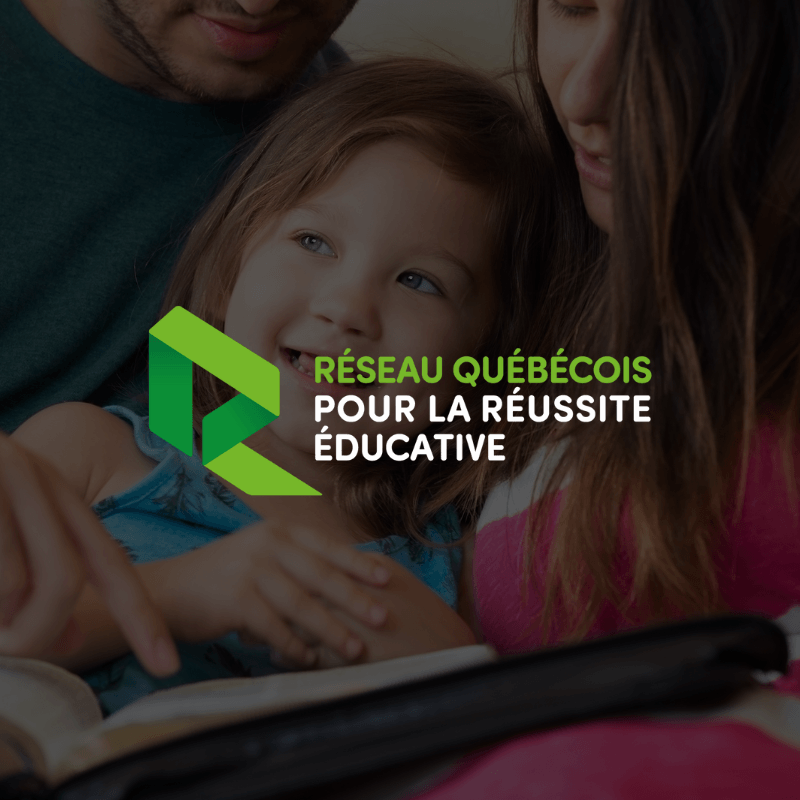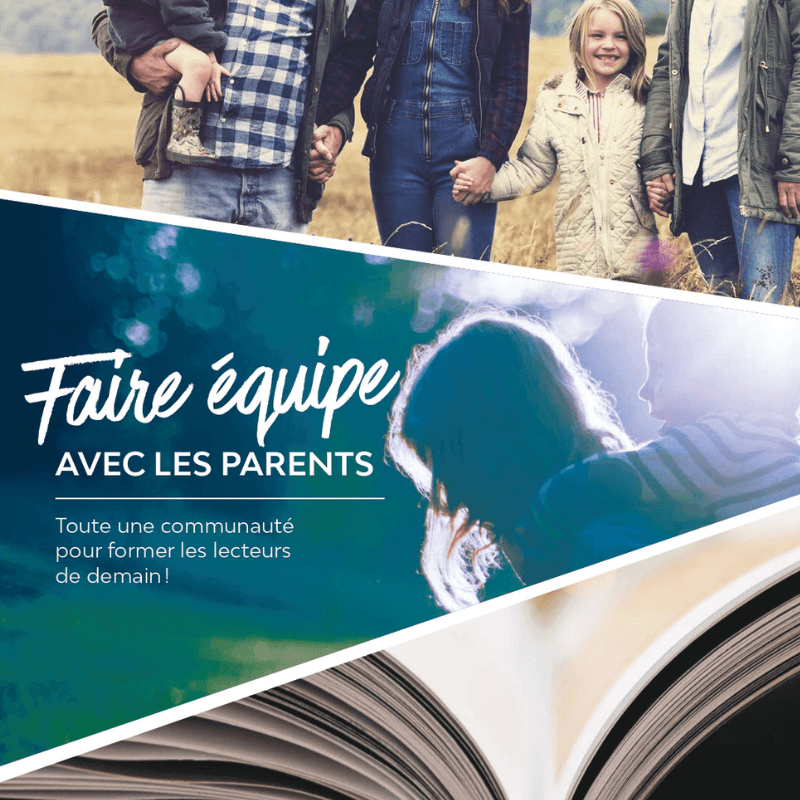

Literacy refers to a person’s ability in both aspects of the written media: reading and writing.
Educators, teachers, parents, counselors, employers, elected officials, the whole community… We all have a part to play.
What role is that?
Contributing to the development and retention of the literacy skills of everyone that surrounds us.
How can we play that role?
To all our partners who work in support of better literacy:
In order to evaluate the impact of your actions for literacy, read the reference document and analysis in the following section.

The ministère de l’Éducation et de l’Enseignement supérieur (MEES) gave the Regional Consultation Bodies on school perseverance and academic success in Québec (RCBs) the mandate to highlight the importance of reading in communities.
This mandate has three objectives:

The Centre de transfert pour la réussite éducative du Québec (CTREQ) created a document for our colleagues of the Laurentides region (PREL), which compiles ten effective practices that answer these two needs:
This document contains a curated selection of existing tools that meet these needs.
Aspects prioritized in the selection:
